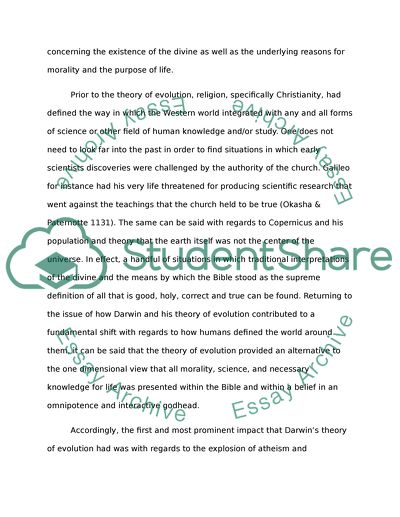Cite this document
(“How Charles Darwin and Darwinism affected the nineteenth-century Research Paper”, n.d.)
Retrieved from https://studentshare.org/religion-and-theology/1484400-how-charles-darwin-and-darwinism-affected-the
Retrieved from https://studentshare.org/religion-and-theology/1484400-how-charles-darwin-and-darwinism-affected-the
(How Charles Darwin and Darwinism Affected the Nineteenth-Century Research Paper)
https://studentshare.org/religion-and-theology/1484400-how-charles-darwin-and-darwinism-affected-the.
https://studentshare.org/religion-and-theology/1484400-how-charles-darwin-and-darwinism-affected-the.
“How Charles Darwin and Darwinism Affected the Nineteenth-Century Research Paper”, n.d. https://studentshare.org/religion-and-theology/1484400-how-charles-darwin-and-darwinism-affected-the.


